Abundance of juniors try and switch classes, realizing they have too much on their plates
Many seniors are in the process of trying to alter their schedules after they realize their course-load is too intense.
October 18, 2021
As the end of the first quarter approaches, some juniors at Marjory Stoneman Douglas High School are finding themselves struggling academically. Internal and external pressures to take Advanced Placement (AP) classes affected many juniors when choosing classes as sophomores. Many of these students are now opting to switch out of these classes in hopes of reducing their workload.
Junior year is often referred to as the most important year of high school. Although this assumption is an opinion, it does have some truth behind it. Those wishing to further their education at a university often make junior year a priority. The reason for this is that it is the last full year of high school that colleges see from students. Those who excel in their junior year of high school automatically stand out to colleges because it shows that they are able to succeed in a rigorous academic setting.
Furthermore, taking AP classes is especially harder during junior year because students must also focus on studying and taking the SAT or ACT as well as maintaining their GPAs.
Due to these expectations, many juniors choose to challenge themselves as much as they possibly can when choosing classes in the previous year. Unfortunately, some of these decisions fell short and took over the lives of students’. As a result, these students are now drowning in work, making it difficult for them to get sufficient hours of sleep or have time to destress.
“My mom ultimately forced me to take three AP classes,” junior Alex Willis said. “I wanted to stand out as a student and I really thought I could handle the work.”
In addition, the COVID-19 pandemic interrupted students’ growth in regards to learning the skills to study and comprehend mass amounts of information in a small period of time. This as well as other skills are extremely important for AP students to succeed.
“Study skills were not utilized properly last year because everyone was at home,” guidance counselor Karen Marine said. “Students need to get these study skills up to par in order to do well in their AP classes. When they don’t, they end up doing poorly in their classes and want to switch out.”
Unfortunately, the more students that switch out of their AP classes, the more difficult it is for guidance counselors to maintain class size and structure. Classes are organized based on student course cards. When a student insists on switching out of a class, counselors must often rearrange their entire schedules which can be tedious for counselors as schedules were previously made in order to comply with students’ original class preferences.
“If students move out of a course that they selected, there are limited places for them to go to because the classes are built upon how many people selected that course to begin with and the ability for us to get teachers that can teach specific courses,” Marine said.
On the contrary, students opting to switch out of their classes do not impact teachers nearly as much as they do counselors. In fact, the AP teachers often prefer their struggling students to switch out into a class that better fits their academic needs.
“If students were misplaced and put into an AP class, they should be able to switch,” AP Government teacher Jeffery Foster said. “I hate watching students struggle.”
Another issue that arises from students switching out of classes so late in the quarter is that their grades are nearly finalized. Teachers have already given out multiple assignments at this point; students would have a hard time getting integrated into the new class. Even if students switch out of their AP classes now, they still must take whatever grade they had into the class that they switch into. Therefore, if students switch out of an AP class because of the damage done to their GPA, it would still be difficult for students to recover academically from that grade before the end of the quarter.
“What has really been stressing me out is that even if I am able to switch out, I’m going to still begin the class with my current grade in psych which is not nearly where I want it to be,” junior Ashley Lage said.
Despite these complications, many juniors are still taking measures to ensure that they are switched into less advanced classes. Many go as far as visiting their counselors multiple times as well as scheduling conferences with their AP teachers.
“I’ve gone to my guidance counselor multiple times trying to switch out of AP Environmental Science”, junior Renata Silva said. “My mom is now also discussing the matter with the school. The class is much more difficult and time consuming than I expected.”
Here at MSD, the AP classes are meant to challenge students as they are essentially preparing them for college. However, the goal is never to impact students to the point where their mental health is harmed. Hopefully this experience is teaching juniors about their academic limits and will help them choose appropriate classes in the future.

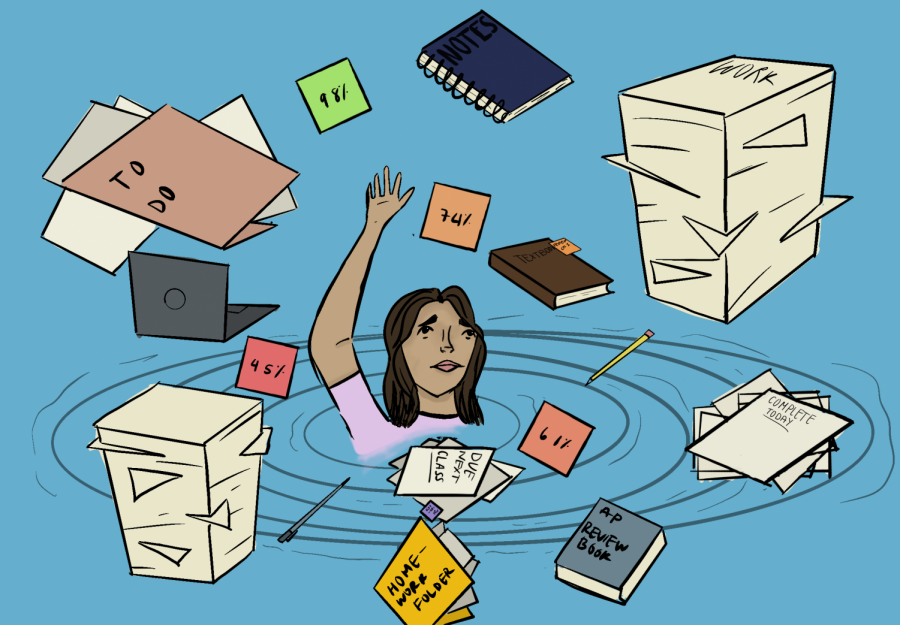
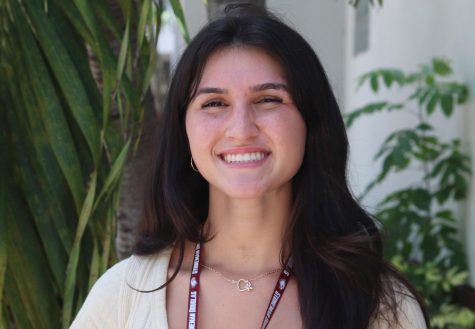
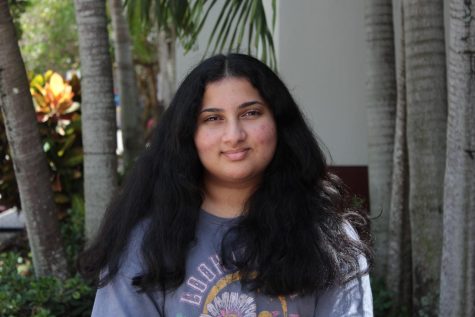












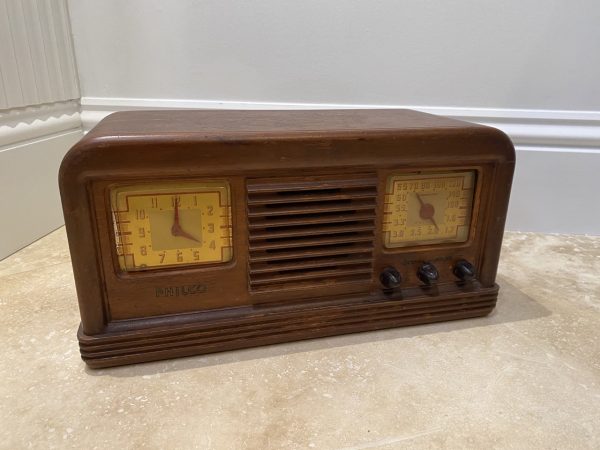
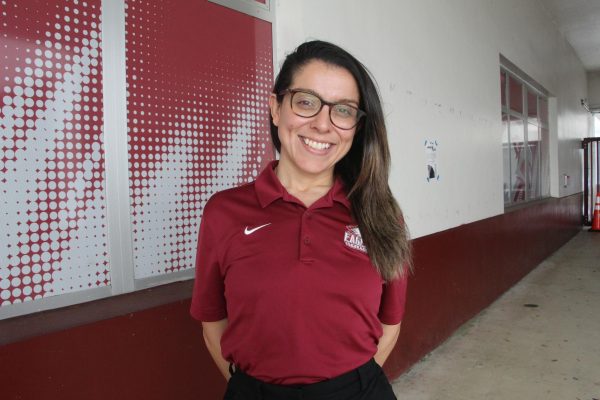



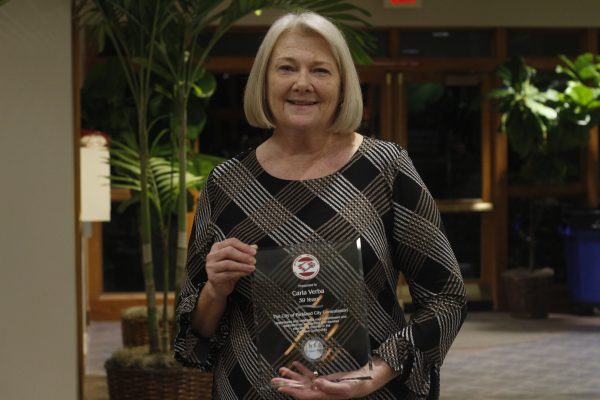

![(left to right) Seniors Stephanie Bilsky and Gracyn Haynes sport the DECA symbol, a triangle, at their first career fair, hosted on Dec. 6, 2023. The career fair had 12 business for students to explore and ask questions about. What we wanted to do is just take what weve learned [in DECA] and expand it to those students who arent enrolled in this class and dont have access and then just kind of take it to the community and allow students to discover their future as well, Haynes said.](https://eagleeye.news/wp-content/uploads/2024/01/9n9MEiC72JCfrptYKrZhoKhKscuboBiEju33GYeA-600x400.jpg)
